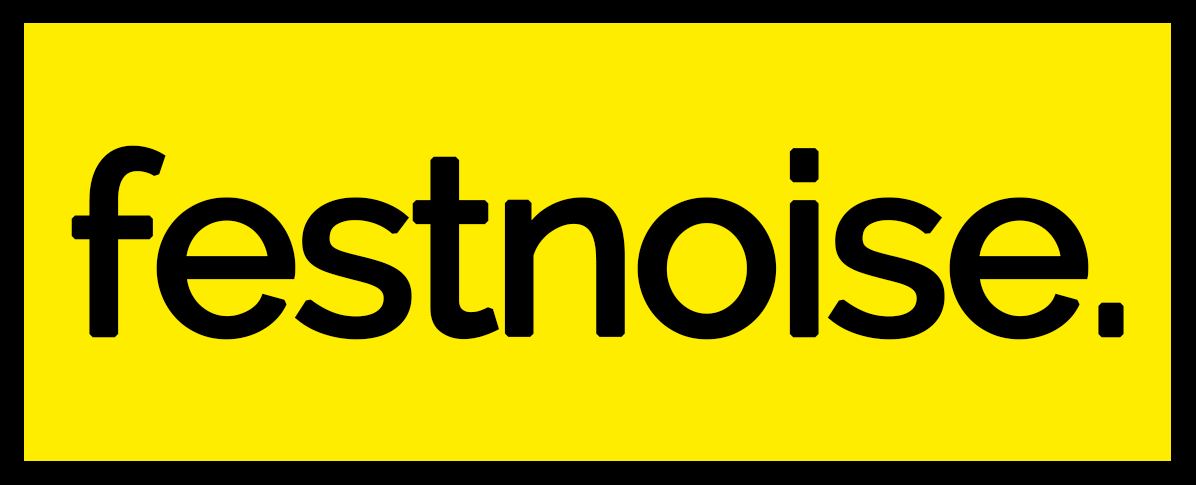Biometric technology on Music Festivals
Biometric Technology (basically the use of technology to identify a person based on some aspect of their biology) is more integrated into our society that we probably imagine, and surely more than we would like to accept. Already integrated into phones, airports and even some cities, but also in concerts (Taylor Swift used it in 2018 to identify known stalkers at her 2018 Rose Bowl show). It was therefore to be expected that Biometric surveillance companies and venture capitalists would soon point to music festivals as a huge potential market for facial recognition technologies.
The idea to be sold to festival goers would be simple, biometric technology would help us to avoid long queues since thanks to this technology faces would be digitally scanned (with the information afterwards uploaded to Blink Identity, a third party company that helped build out the U.S. military’s facial recognition technology during the war in Afghanistan and whose cameras would recognize your unique facial measurements and match them to your tickets as you walked into a venue.
And you know what? Ticketmaster (ticket sales and distribution company that belongs to Live Nation) announced last year that they would start testing facial recognition for big events access. By the way, something that happened right after Live Nation publicly announced their investment in Blink Identity.
Angry, scared, worried and in complete disagreement over the use of this technology, a group of artists, engineers, activists, and technologists under the name of Fight For The Future organized at the end of 2019 the largest online protest in human history, to stop the implantation of this technology in music festivals fighting to ensure that technology is a force for empowerment, free expression, and liberation rather than tyranny, corruption, and structural inequality.
The campaign warned of a number of potential problems caused by the use of facial biometrics, including misidentification of visible minorities, permanent inclusion of fan names and faces in government databases, deportation of immigrant fans, identification and arrest for outstanding charges during events, arrest for minor offenses like drug use at festivals, and the matching of facial images with home addresses and ticket purchase details.
Following the campaign, forty of the world’s largest music festivals including Coachella, Bonnaroo, Pitchfork, and SXSW (see the full list here) publicly promised that they will not use facial recognition technology at their events. We´ll have to see for how long though!






